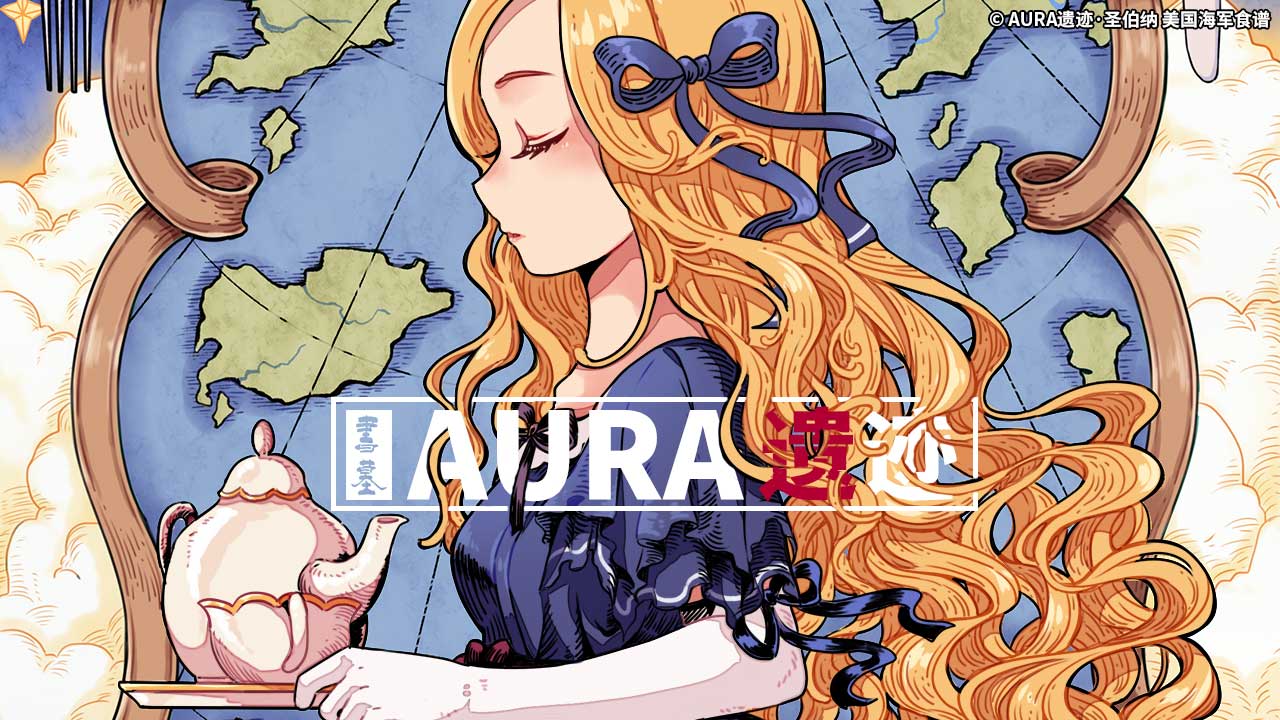As an aside, or why there haven’t been any “major” art updates in a couple of weeks:
Our Chinese folks are having trouble accessing various sites such as Pixiv. We want to make sure that due credit is due whenever we make new updates. For instance, in cases where there are explicit cases of theft, having a second source of upload on large art sites is very helpful for self-explanatory reasons.
In this day and age how do you trust what you read is true?
I mean, I used to think that Midway was an incredible victory. Then I got redpilled on the facts and realized that it was way overblown. Then I read your posts and now I’m really confused again.
How do you determine if a source is good or not? Who’s right?
Facts aren’t debatable. Opinions are. That’s what makes history interesting. Now, I’m not the history major. K9 is, so maybe he can give me a more professional opinion.
In my view, it is important to consult opinions. However, I think it is just as important to have your own viewpoint and your own perspective. I am obviously “pro-America” but pro-America isn’t as simple as waving a flag. To me, it is treating the information we have on hand and understand as much as we can about those events, so that we can reach our own conclusion about what had happened.
My job as a writer – if you want to use the word “job” – is to show you my viewpoint and how I reached that viewpoint. I consider convincing you something of a bonus.
So, in that end, I am careful to read most published works on my own. Whenever possible I try to hunt down the footnotes or the sources themselves and see whether or not the arguments they contend make sense. I do defer to professional historians in many cases, but this is perhaps the beauty of academia. Right is right and wrong is wrong; even the greatest can make errors.
For example, Morison’s United States Naval Operations in World War II is a “primary” secondary source that I consult frequently. Why? The following reasons, in no particular order.
-
- Quality. It is well-written, well-sourced and well-documented.
- Authority. For the type of book it is, it is well reviewed by most naval historians. Considered to be an excellent source for general readers. Since I am not a professional historian, I think it is very valuable to hear from people who are professionals.
- Perspective. Morison is candid in his own viewpoints. Specifically, I think his “bias” is naturally reflected in the attitude and the writings of the period. While later historians have (rightfully and wrongfully) criticized him, I find his willingness to “take a stand” and make a personal comment to be very interesting.
- Uniqueness. That is to say, Morison’s source brings something very special to the table. He experienced the war and the book was completed very soon after.
“Historians in years to come may shoot this book full of holes, but they can never recapture the feeling of desperate urgency in our planning and preparations, of the excitement of battle, of exultation over a difficult operation successfully concluded, of sorrow for shipmates who did not live to enjoy the victory.”
Taken altogether, I think the source is very good. Are there mistakes? Yes. I do change my viewpoints when the facts are there or new facts are uncovered. However, at the end of the day, so long as the source isn’t factually wrong or intentionally misleading, I think it’s good to use.
Even if it is, if you can explain what is going on – for instance, Fuchida’s account is a good example – I think it’s still worth a second look contextually or otherwise.
So, to answer your question? Read a lot. With an open mind. That’s all. 🙂
